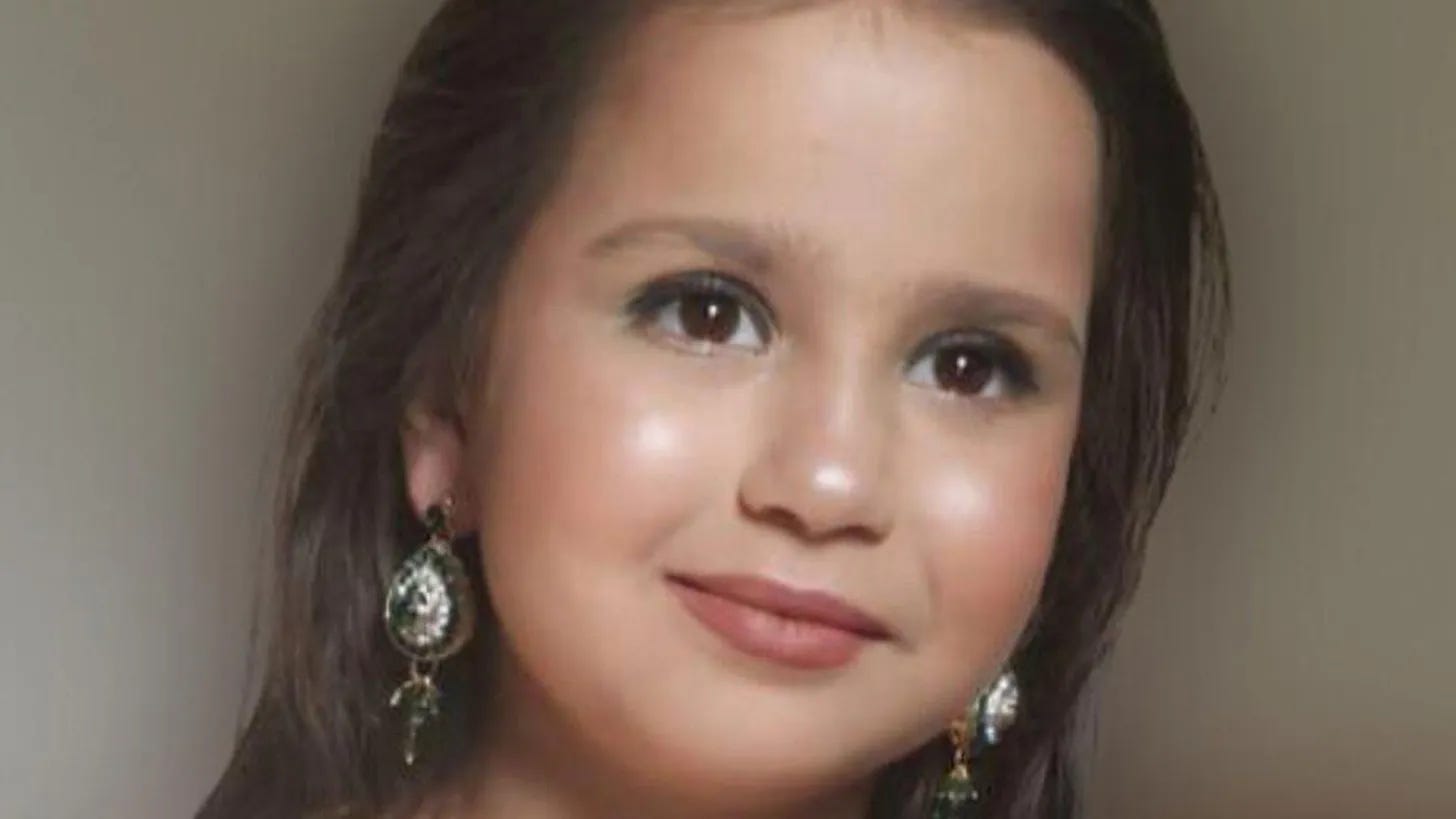The Court of Appeal has agreed to consider whether a High Court judge was right to grant anonymity to other judges who had dealt with the case of the murdered schoolgirl Sara Sharif. A two-day hearing has been arranged for the middle of next month.

Keep reading with a 7-day free trial
Subscribe to A Lawyer Writes to keep reading this post and get 7 days of free access to the full post archives.



